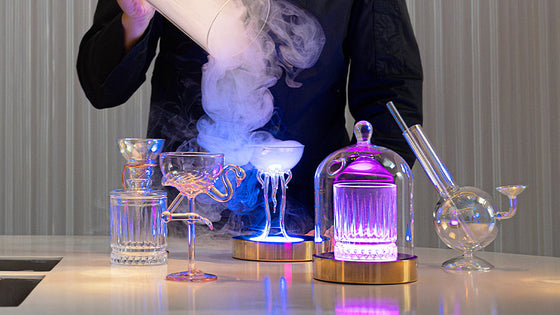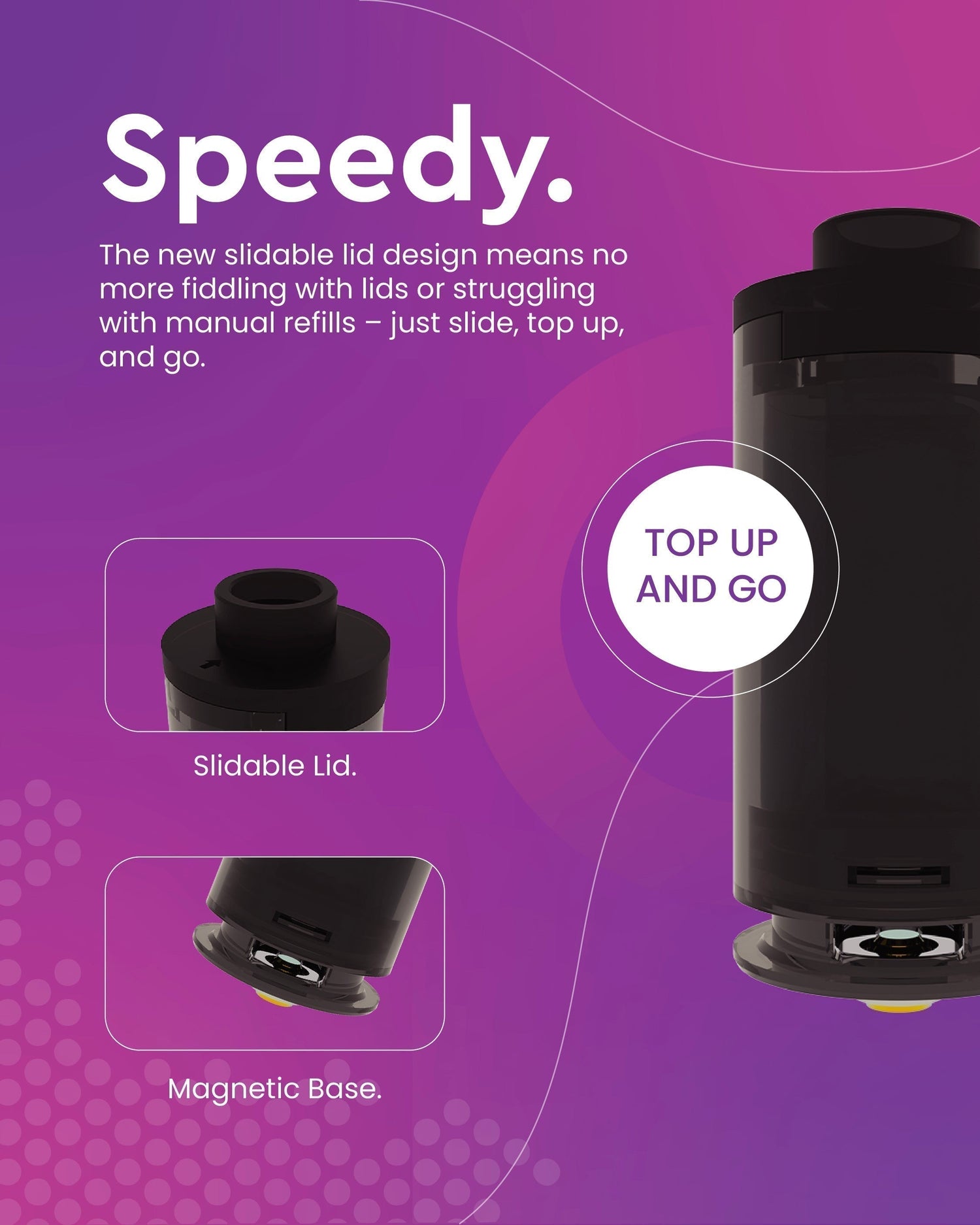How the Hospitality Industry Can Reduce Waste to Save Money
In today’s competitive hospitality industry, cost-saving strategies are essential for staying profitable. One area that often goes overlooked is waste reduction. From food waste in kitchens to excessive energy consumption in guest rooms, hospitality businesses—whether restaurants, hotels, or event spaces—can see significant savings by focusing on cutting down waste. Not only does waste reduction help the environment, but it also leads to long-term financial benefits. Here’s how your hospitality business can reduce waste and improve its bottom line during the cost of living crisis.
1. Food Waste Management
Food waste is a massive issue in the hospitality industry, with large quantities of uneaten or spoiled food going to waste each year. Reducing food waste can save a business thousands of pounds while also contributing to sustainability efforts. Here’s how to tackle it:
-
Accurate Inventory Management: Use smart inventory systems that monitor stock levels and track expiry dates. This prevents over-purchasing and ensures that ingredients are used before they spoil.
-
Portion Control: Implement standard portion sizes to avoid over-serving and generating plate waste. Regularly review portion sizes based on customer feedback and adjust them accordingly.
- Keep It Fresh: Prevent food waste by keeping food warm and fresh by serving your favourite dishes under a food cloche. Not only does this keep the heat in, it also stops any contaminants ruining the dish. For an added illusion of warmth, why not add some aroma to your dish to give it that piping hot look?
-
Creative Menu Planning: Design menus that maximize the use of all ingredients. For example, use vegetable trimmings in soups or sauces, or repurpose unsold food creatively in other dishes.
-
Partner with Food Waste Solutions: Collaborate with food waste management companies like Too Good To Go or Olio to sell surplus food at a discount, reducing what ends up in the bin whilst maintaining some profit.
2. Energy Efficiency
Energy costs represent a significant portion of a hospitality business’s operating expenses. Small changes in energy usage can lead to substantial savings. Here's where to start:
-
Switch to Energy-Efficient Lighting: Replace incandescent bulbs with LED lights, which use up to 75% less energy and last much longer. Automated lighting systems, such as motion sensors, can also reduce unnecessary energy consumption.
-
Optimize Heating and Cooling Systems: Regularly maintain HVAC systems to ensure they run efficiently. Consider installing smart thermostats that automatically adjust temperatures based on occupancy, reducing wasted energy in empty rooms or spaces.
-
Install Energy-Efficient Appliances: When upgrading kitchen or hotel equipment, invest in energy-efficient appliances that use less water and electricity. These appliances may have a higher upfront cost, but they save money in the long run by lowering utility bills.
- Back To Basics: Why not look into adding a log burner or open fire to your venue if the space permits? Not only does this pump out heat, it also adds a comforting aesthetic to your space that is bound to attract visitors.

- Draught Proofing: Not only is it a challenge to heat up a room, it then becomes a challenge to keep the heat in! Ensure your windows and doors are up to date with the most effective draught proofing, and add some signs to remind guests to close the door after themselves when entering or leaving. If you have automated doors, reduce the timer setting on the doors so they close automatically after a shorter period to prevent heat escaping and draughts entering.
3. Reduce Water Usage
Water is another critical resource in hospitality, particularly for hotels, which use large amounts of water for laundry, cleaning, and guest use. Implementing water-saving measures can significantly reduce utility costs.
-
Low-Flow Fixtures: Install low-flow showerheads, faucets, and toilets to reduce water usage without sacrificing guest comfort. These fixtures can cut water usage by up to 50%.
-
Laundry Best Practices: Encourage guests to reuse towels and linens instead of changing them daily. Many hotels offer incentives for guests to participate in these programs, reducing water, energy, and detergent use.

-
Regular Plumbing Maintenance: Leaky faucets and pipes waste gallons of water each day. Regular plumbing checks ensure leaks are fixed promptly, preventing water (and money) from going down the drain.
4. Minimize Single-Use Plastics
Single-use plastics contribute to both environmental degradation and increased operational costs. Eliminating or reducing them can help your hospitality business save money and enhance its eco-friendly reputation.
-
Eliminate Plastic Packaging: Transition to biodegradable or reusable alternatives for packaging, takeout containers, and utensils. Not only does this reduce waste, but it can also cut costs over time as reusable options are replenished less frequently.
-
Ditch Plastic Bottles: Provide filtered water stations or glass water bottles instead of single-use plastic bottles in hotel rooms and restaurants. Offering a refillable option not only reduces waste but also cuts the cost of restocking plastic bottled water.
-
Encourage Reusable Cups and Straws: Many cafes and bars now offer discounts to customers who bring their own reusable cups or straws, incentivizing reduced plastic use while cutting costs on disposable items.
- Reach For Zero Waste Garnishes: Businesses watch money go straight from their pocket and into the bin in the form of single use or inedible garnishes. Whether it's bamboo skewers or herb garnishes, why not make the switch from a physical garnish to an edible scented bubble garnish instead? Swap your passion fruit half for a passion fruit aroma bubble and enjoy those sweet savings, whilst your guests enjoy an even more entertaining garnish with a purpose! At only 5¢ a bubble, a Flavour Blaster aroma gun could be the answer your venue is looking for!
Flavour Blaster Ice Cream Cone Glassware
5. Waste Separation and Recycling
Recycling is one of the easiest ways to reduce waste in the hospitality industry, but many businesses fail to separate their waste correctly, leading to missed opportunities for cost savings.
-
Implement Recycling Bins: Make recycling simple for staff and guests by placing clearly labeled recycling bins in accessible areas. Many recycling companies offer reduced rates for businesses that separate waste properly.
-
Compost Food Waste: If you have space and local facilities, composting is a fantastic way to reduce landfill waste and lower disposal fees. Compost can also be repurposed as fertilizer if your business has a garden or outdoor space.
6. Go Paperless
While paper use has decreased over the years, many hospitality businesses still rely on printed materials like menus, brochures, and invoices. Moving toward a digital-first approach reduces paper waste and associated costs.
-
Digital Menus and Guest Communication: Use QR codes to provide access to digital menus, cutting down on printing costs. Additionally, email receipts and invoices instead of printing them, which not only saves paper but also offers a convenient experience for guests.

-
Cloud-Based Systems: Implement cloud-based booking, billing, and reporting systems to eliminate paper-heavy processes. Not only does this reduce paper usage, but it also streamlines operations, improving efficiency.
Conclusion
Waste reduction is no longer just about environmental responsibility—it's a smart financial strategy. By implementing these practical solutions, hospitality businesses can cut costs, improve efficiency, and boost sustainability efforts. Reducing waste is a win-win: saving money while doing good for the planet. In an industry that thrives on customer experience, being eco-conscious is also a great way to attract guests who value sustainability.

















